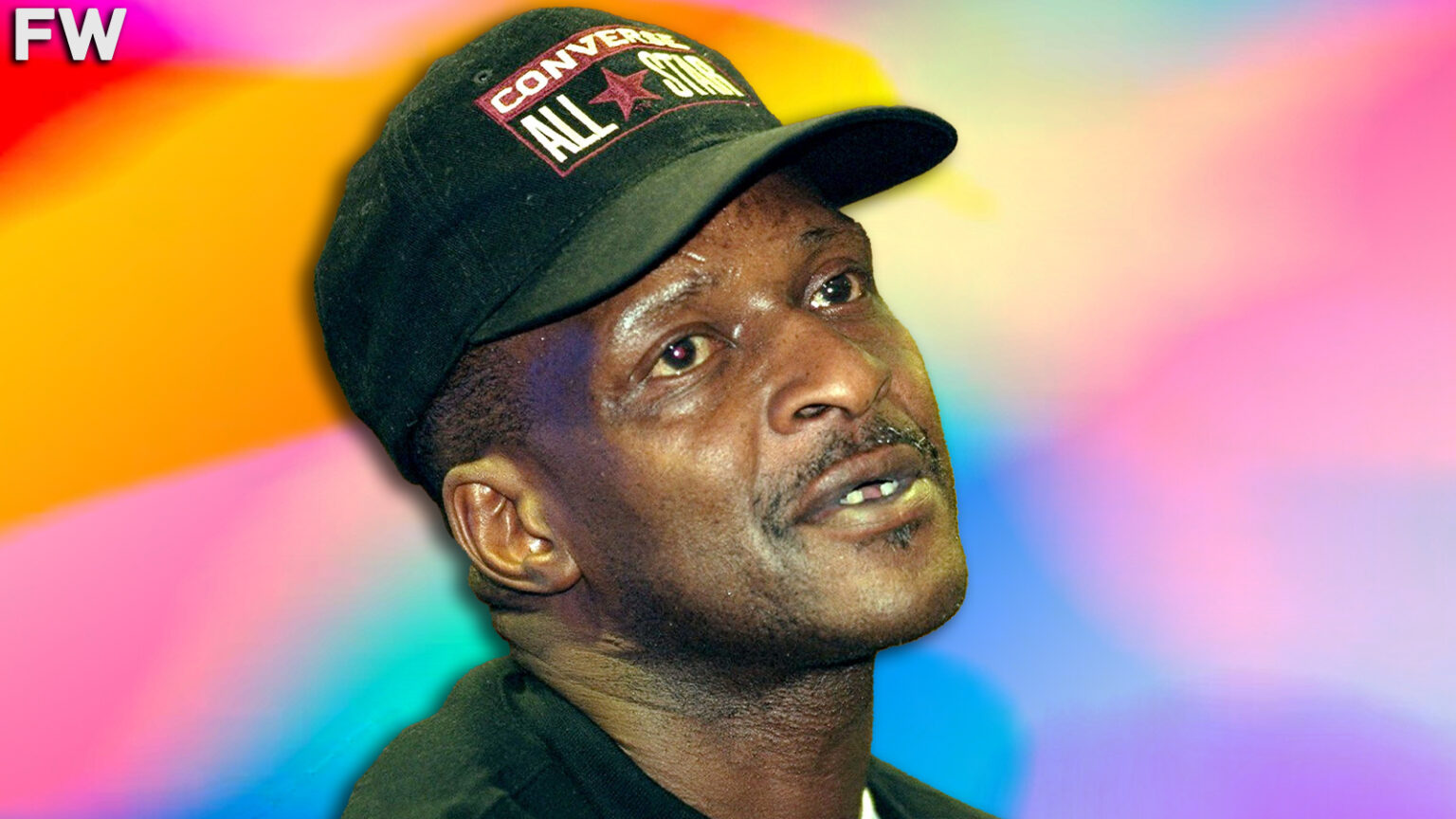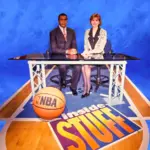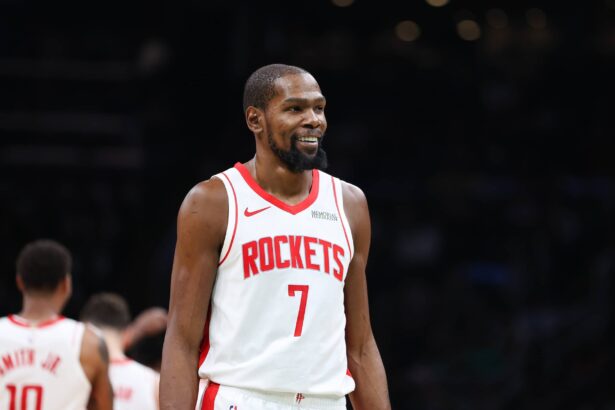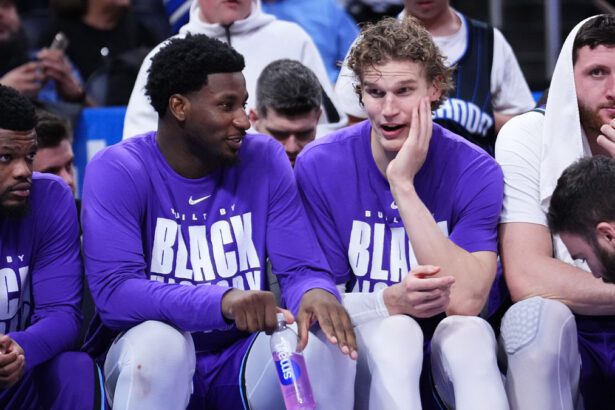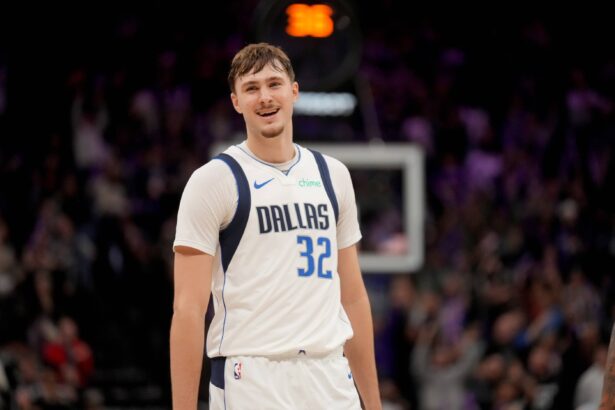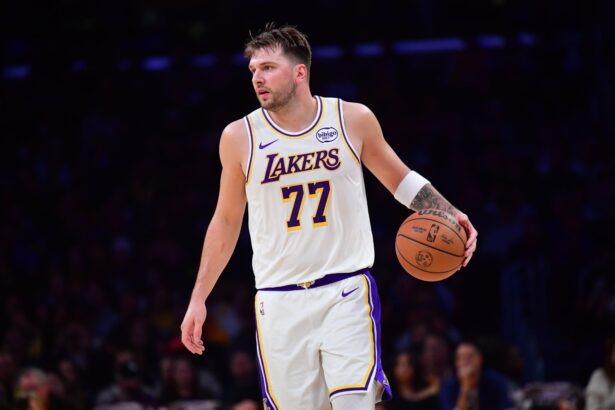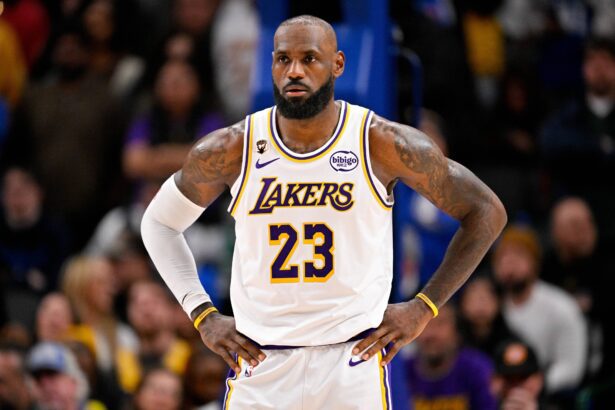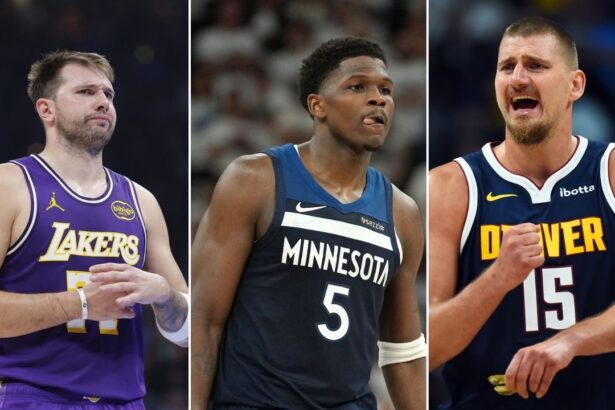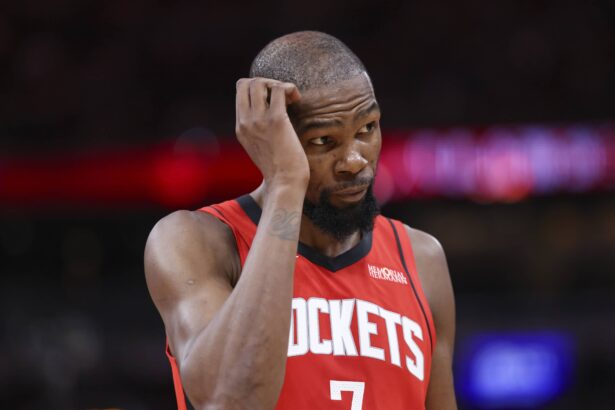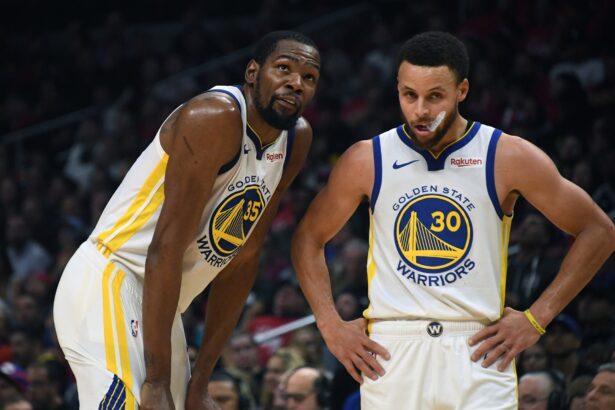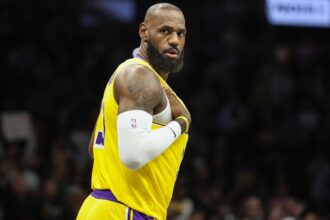- Earl Manigault played basketball on the streets of Harlem, New York
- Manigault wowed crowds with his basketball ability and insane dunking skills
- People who watched Manigault play believed he was better than NBA players
Basketball has its fair share of legends, but there are those who never reach the highest level of the sport, yet their impact is felt long after their careers are over. Earl Manigault, also known as “The Goat,” is one such player.
He was a phenom on the playgrounds of Harlem, where he was known for his incredible athleticism and his ability to perform gravity-defying dunks. Despite his talent, however, he never played in the NBA due to his struggles with drug addiction.
Nevertheless, Manigault’s impact on the sport and the culture surrounding it has been immense. In this article, we’ll delve into Earl Manigault’s life, his tremendous talent, his struggles with addiction, and the legacy he left behind.
The Streetball GOAT
Earl Manigault was born in Charleston, South Carolina, in 1944. Manigault moved to Harlem, New York, at a young age, and this is where he grew up and quickly became known for his basketball skills.
His nickname was “The Goat” and the reason for this was because a teacher of his mispronounced his last name as Mani-Goat. He became a legend on the streetball court, and many claim he’s the greatest of all time, so the Goat nickname is a perfect fit for Manigault.
He was a standout player at Benjamin Franklin High School, where he led his team, averaging 24 points and 11 rebounds per game. This includes setting an NYC junior high school record by scoring 57 points in a game.
Despite his success on the basketball court, Manigault found himself entangled with drugs, namely marijuana at the time, where he was allegedly caught smoking in the locker room. This, along with skipping classes, led to Manigault being expelled from Benjamin Franklin High School.
Manigault would then enroll at Laurinburg Institute, a prep school in North Carolina. He played one season at Laurinburg Institute and averaged 31 points and 13 rebounds per game.
Manigault’s incredible talent on the court caught the eye of many college recruiters, but his academic struggles prevented him from attending a Division I school. Instead, he enrolled in Johnson C. Smith University, a small historically black college in North Carolina.
Manigault’s time at Johnson C. Smith was short-lived, however, as he had problems with the coach and academically, he continued to struggle. He ended up dropping out of Johnson C. Smith University after only a semester.
After leaving college, Manigault returned to Harlem, where he began playing in local pickup games and streetball tournaments. It was during these games that he developed his signature moves, including his famous “reverse dunk” and “double dunk.”
The “double dunk” by Manigault was where he would dunk the ball, proceed to catch the ball with the other hand and dunk a second time without holding on to the rim. “The Goat” also completed 36 reverse dunks in a row one time to win a $60 bet.
Manigault was able to pull these spectacular dunks off because he reportedly had a 52″ vertical leap. This is incredible to hear because the highest leapers in NBA history were Michael Jordan, Wilt Chamberlain, and Darrell Griffith, who all had a 48-inch vertical leap. What was even more incredible about Manigault’s dunking ability was that he stood only 6’1″.
Manigault was also famously known for jumping up and grabbing coins that were placed on the top of the backboard. These incredible jumping feats, along with his overall play, quickly led to Manigault becoming a legend on the New York City basketball scene, drawing crowds wherever he played.
Manigault played in the famous Rucker Park, and he went toe to toe with some of the greatest players the NBA has ever seen in Kareem Abdul-Jabbar, Connie Hawkins, and Earl Monroe.
“[Manigault] the best basketball player in the history of New York City,” Abdul-Jabbar once said about Manigault.
“Earl and I would get together on certain Saturday mornings and play a lot of 3-on-3 basketball in the park or wherever the real good games were being played,” Abdul-Jabbar continued. “Earl was more of a street player than I was, so he never really got the same type of mainstream recognition that I got in high school. But people who really knew the game knew Earl could play.”
Despite his incredible talent, Manigault’s career was derailed by drug addiction, including being hooked on heroin and legal troubles. He spent time in prison in 1969 for drugs and served two years from 1977 to 1979 for attempted robbery.
In the 1980s, Manigault tried to distance himself from drugs while also helping to steer the youth in his area away from drugs, as well. He started the “Walk Away From Drugs” basketball tournament to help kids focus on basketball rather than drugs.
Manigault also held the “Goat Tournament,” which featured NBA players, including Bernard King. Still, Manigault’s drug problem started to take a toll on him, causing heart problems that would plague him for the remainder of his life.
In 1987, Manigault had two heart operations, and by the 1990s, things got worse. Manigault passed away on May 15, 1998, due to congestive heart failure. He was only 53.
Manigault’s legacy has grown, and many refer to him as the greatest basketball player who never played in the NBA. “The Goat” was so good that they even made a TV movie about him in 1996 titled Rebound: The Legend of Earl “The Goat” Manigault.
It’s a shame Manigault never got to showcase his talents on basketball’s biggest stage, but he was okay with it, famously saying, “For every Michael Jordan, there’s an Earl Manigault. We can’t all make it.”
Earl Manigault taught us all that no matter how far you may fall, it’s never too late to pick yourself up and chase your dreams. Even if you fall short of achieving your goals, you can always help out others achieve theirs and change their lives.
That’s what Earl Manigault had done and is a part of the incredible legacy of the greatest baller to never play in the NBA.
We sincerely appreciate and respect you as a reader of our site. It would help us a lot if you follow us on Google News because of the latest update.
Thanks for following us. We really appreciate your support.

